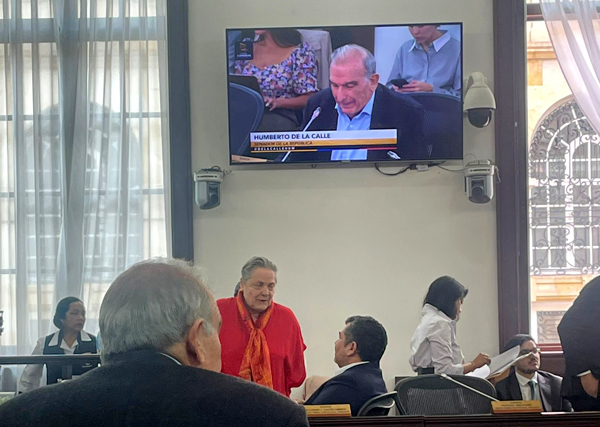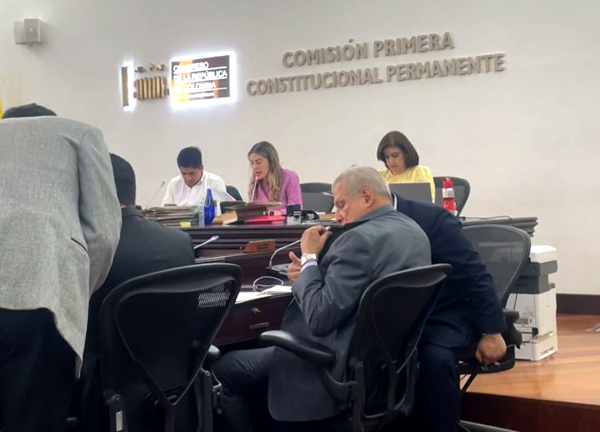The legislative initiative was presented as a collective multi-party report led by independent Senator Humberto de la Calle Lombana and supported with his signature by Senators Ariel Ávila Martínez (Green Party), Paloma Valencia Laserna (Democratic Center), Germán Blanco Álvarez (Conservative Party), Alejandro Vega Pérez (Liberal Party), David Luna Sánchez (Liberal Party), Clara Eugenia López Obregón (Historical Pact), Guido Echeverri Piedrahita (Green Party) and Andrea Padilla Villarilla Villarreal (Historic Pact), Alejandro Vega Pérez (Liberal Party), David Luna Sánchez (Liberal Party), Clara Eugenia López Obregón (Historic Pact), Guido Echeverri Piedrahita (Green Party) and Andrea Padilla Villaraga (Green Party), in addition to deputies Daniel Carvalho Mejía (Green Party) and Catherine Juvinao Clavijo (Green Party).
The proposed regulatory framework serves a legitimate and well-established governmental interest: to facilitate the clarification of the facts that are the object of a judicial investigation in criminal matters, with the aim of proceeding to the individualization of the persons responsible, significantly improving both the criminal justice system and criminal investigation practices. The above, with several objectives, especially, to relate through the use of genetic technology, individuals with one or more facts of criminal relevance in order to protect the rights of victims, attribute responsibility, enhance decisions of exoneration or acquittal, reduce impunity and reduce recidivism.

A plenary debate is expected in the next few weeks in order to reach the bill’s effective sanction and start its implementation, in alliance with the institutions in charge of criminal prosecution, which are demanding for Colombia the modernization of its justice system and legal tools to increase its capacity to clarify and search for the truth.



 EL SALVADOR
EL SALVADOR HONDURAS
HONDURAS

 BOLIVIA
BOLIVIA PERÚ
PERÚ